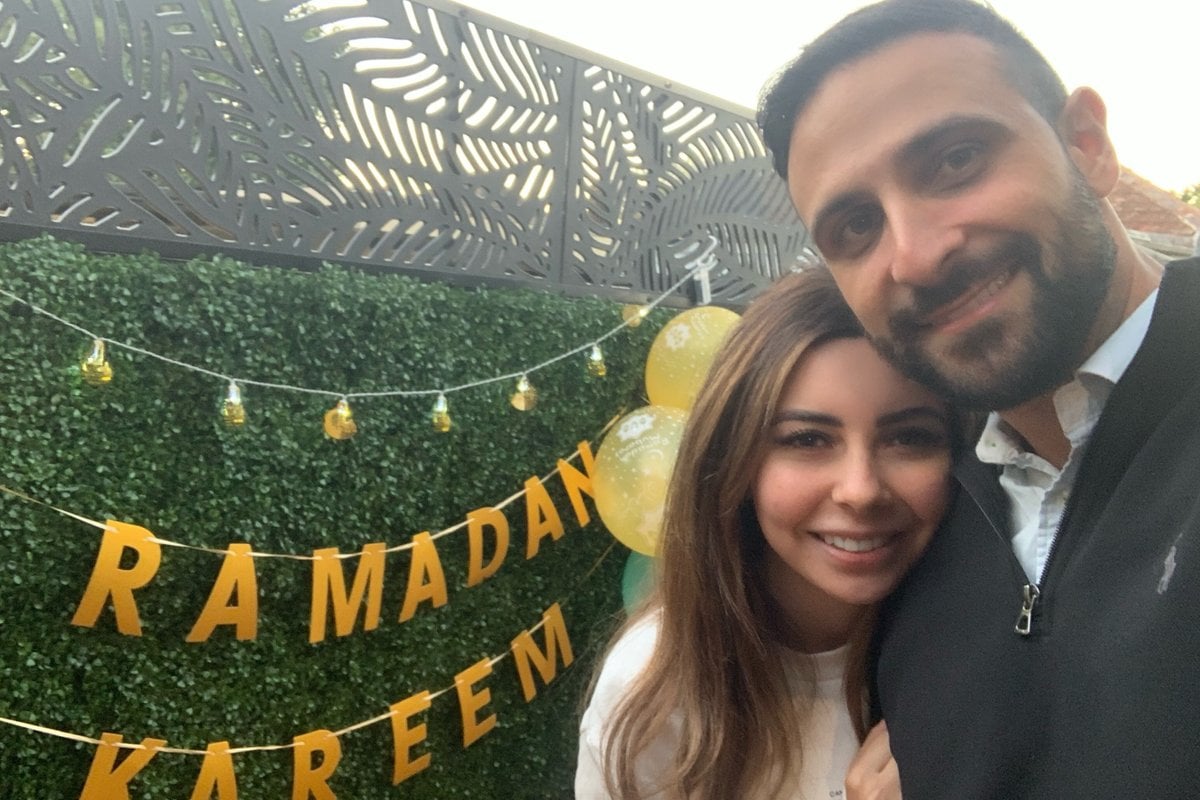
The holy month of Ramadan kicks off this week, 30 days in the Islamic calendar where Muslims worldwide won’t eat or drink - among many other things - between sunrise and sunset.
As someone who partakes in Ramadan every year, I’m often asked many questions from non-Muslims about what Ramadan entails and why I choose to participate.
I’m always happy to answer any questions and do my best to explain, but sometimes even my most sincere and thorough explanation isn’t enough to ward off the shower of sympathy I receive when it becomes apparent that I can’t consume food or drink for hours on end. It’s as though I’m about to unwillingly enter the literal Hunger Games!
Watch: Mia Freedman chats to Susan Carland about Ramadan and Islam. Post continues below.
I don’t get offended, but I do sometimes wish that people could see the real beauty of Ramadan, and why taking part is not something to pity and certainly not a time Muslims dread.
I think I speak for many other Muslims when I say it’s one of the most happy, fulfilling, and exciting times of the year.

Top Comments